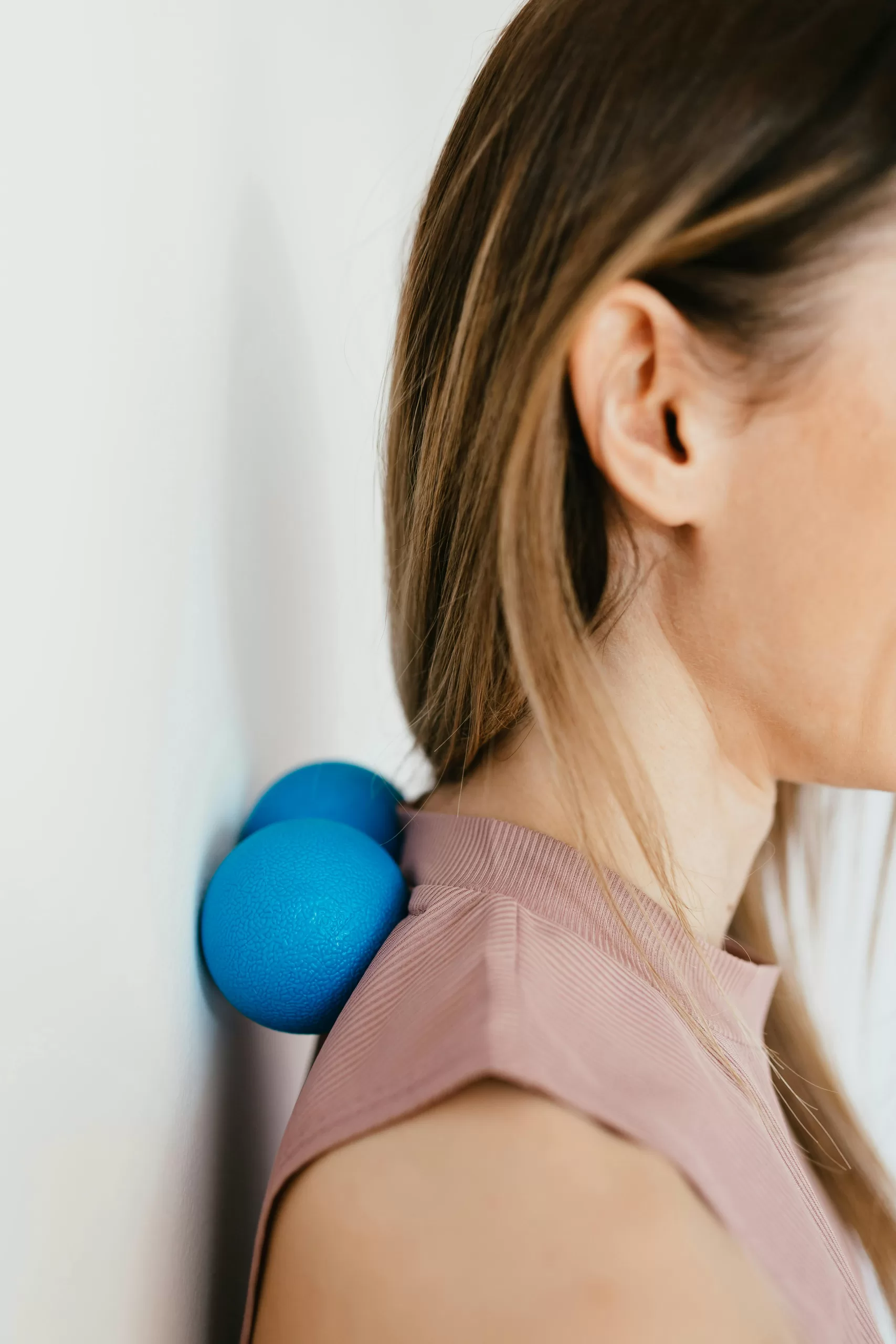Regular massage is a great way to take care of yourself both mentally and physically. But what else can you do in between your appointments?
Self-care is crucial for maintaining overall well-being. Here are some self-care tips that you can start to use this year…
1. Mindful Breathing:
Practice mindful breathing exercises to reduce stress and promote relaxation. Simple techniques like deep belly breathing or box breathing can be effective.
2. Stretching Routine:
Stretching exercises that can be done at home to improve flexibility, reduce muscle tension, and enhance overall mobility.
3. Digital Detox:
Taking regular breaks from screens to reduce eye strain and mental fatigue. Engage in activities that don’t involve electronic devices, such as reading a book or going for a walk.
4. Hydration Habits:
The importance of staying hydrated. Drinking enough water can have a positive impact on energy levels, skin health, and overall bodily function.
5. Quality Sleep Practices:
Provide tips for improving sleep hygiene, such as creating a calming bedtime routine, maintaining a consistent sleep schedule, and creating a comfortable sleep environment.
6. Healthy Nutrition Choices:
The connection between nutrition and well-being. Choose nutrient-dense foods, incorporate fruits and vegetables into your diet, and maintain a balanced meal plan.
7. Gratitude Journaling:
Keep a gratitude journal to foster a positive mindset. Writing down things they are thankful for each day can contribute to mental and emotional well-being.
8. Nature Connection:
Spending time outdoors to connect with nature. Whether it’s a short walk in the park, gardening, or simply sitting in a green space, exposure to nature has numerous benefits for mental health.
9. Artistic Expression:
Creative outlets such as drawing, painting, writing, or any form of artistic expression. Engaging in creative activities can be a great way to relax and express emotions.
10. Mindfulness Meditation:
Introduce simple mindfulness meditation practices to help clients stay present and reduce anxiety. Apps and online resources can be valuable tools for those new to meditation.
11. Social Connection:
The importance of maintaining social connections. Spend time with loved ones, whether in person or through virtual means.
12. Warm Baths or Showers:
Taking warm baths or showers as a form of self-care. Adding Epsom salts or essential oils to the bath can enhance relaxation and ease muscle tension.
13. Set Boundaries:
The importance of setting healthy boundaries in both personal and professional life. Learning to say no when needed is a key aspect of self-care.
14. Laugh and Have Fun:
The significance of incorporating laughter and fun activities into your routine. Whether it’s watching a funny movie, attending a comedy show, or playing games, laughter can be a great stress reliever.
15. Hobbies and Interests:
Engage in hobbies or activities you enjoy. Whether it’s playing a musical instrument, gardening, or pursuing a craft, having personal hobbies contributes to a fulfilling life.
Remember to personalise these tips based on your specific needs and preferences. Self-care is a highly individualised practice, and it’s important for you to explore and discover what works best for you.

